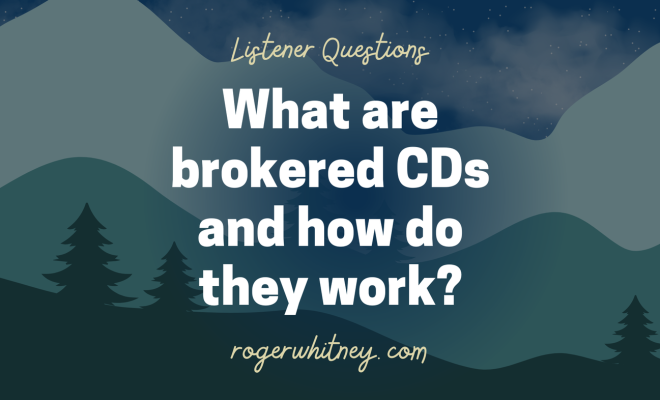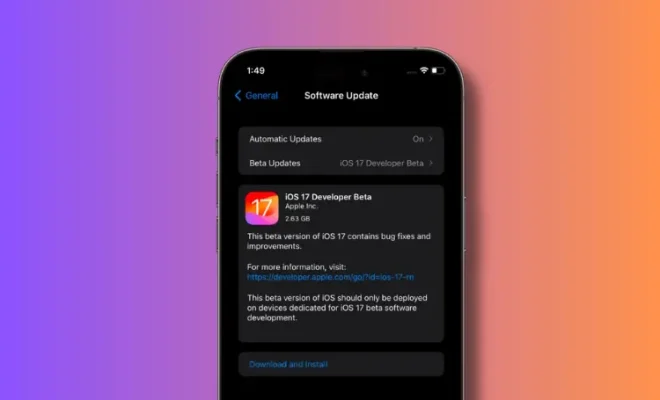Brokered CDs: What Are They and How Do They Work?

Introduction
Certificate of Deposits (CDs) has always been a popular choice for investors looking for a relatively low-risk investment option. They offer better interest rates than traditional savings accounts while still providing the security and predictability many investors desire. One type of CD that has gained traction in recent years is the Brokered CD. In this article, we will discuss what Brokered CDs are and how they work to help you decide if they might be the right investment option for you.
What Are Brokered CDs?
A Brokered CD is a type of certificate of deposit that is purchased through a brokerage firm or other intermediary, rather than directly from a bank or credit union. This means that instead of opening a CD account with your bank, you would buy a CD from a broker who then sources it from various banks or credit unions across the country.
How Do Brokered CDs Work?
1. Brokers source and distribute CDs: Financial brokers have access to multiple banks and credit unions where they source CDs of varying terms and interest rates. By pooling their resources, these brokers can obtain CDs with better rates than what you might get by visiting your local bank or credit union.
2. Wide range of options: With access to numerous financial institutions, brokers can provide investors with diverse options when it comes to term lengths, interest rates, and other features that could suit investors’ needs more precisely.
3. Diversification: Since these brokers pool investments from several different banks or credit unions, you also gain some additional diversification by having your money spread across multiple institutions.
4. Trading on secondary markets: An attractive feature of brokered CDs is that they often trade on secondary markets before their maturity date. This means if you need access to your funds earlier than expected, there may be a better chance of finding someone willing to purchase your CD on the secondary market compared to a traditional bank CD, where you may face early withdrawal penalties.
Pros and Cons of Brokered CDs
Pros:
1. Higher interest rates: Brokered CDs often provide higher interest rates compared to traditional bank or credit union CDs.
2. More choices: Investors have access to a wider range of terms, maturities, and rates.
3. Greater flexibility: The ability to trade on secondary markets can provide additional liquidity for investors who need access to their funds earlier than the maturity date.
Cons:
1. Requires a brokerage account: To purchase brokered CDs, you must have an account with a brokerage firm.
2. Less predictable returns: Since Brokered CDs are pooled with other CDs, changes in interest rates can affect your individual return.
3. Risk of broker failure: If the brokerage firm fails, there might be challenges in getting your funds back, though the underlying banks or credit unions still guarantee the amount.
Conclusion
Brokered CDs can be an attractive investment option for investors looking for diversification, higher interest rates, and potential liquidity through secondary market trading. However, it is crucial to carefully consider the risks involved and thoroughly research the brokerage firm and financial institutions involved before deciding if this investment strategy is right for you.






